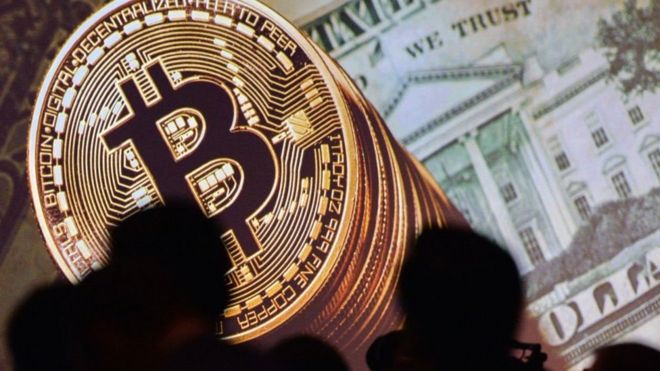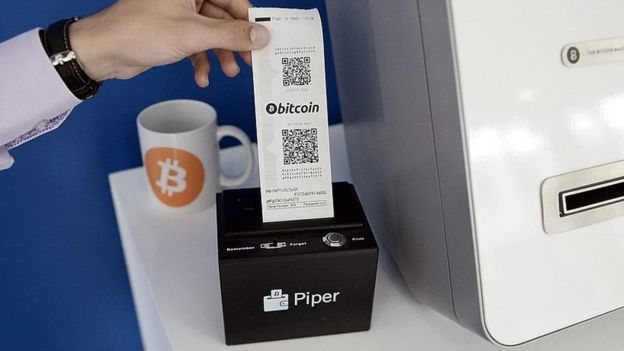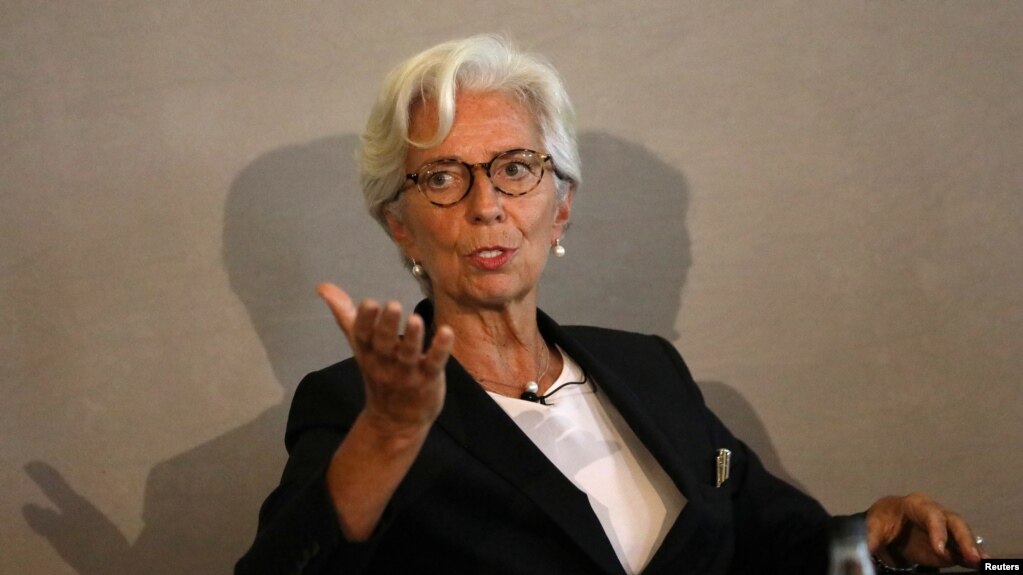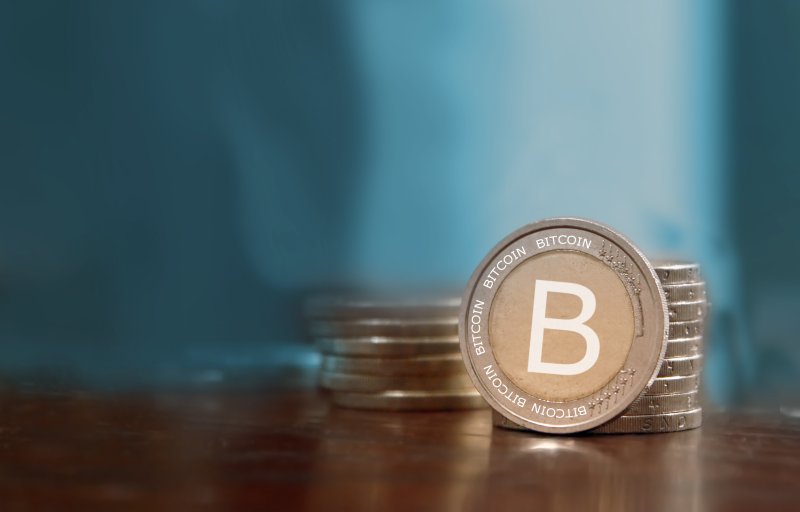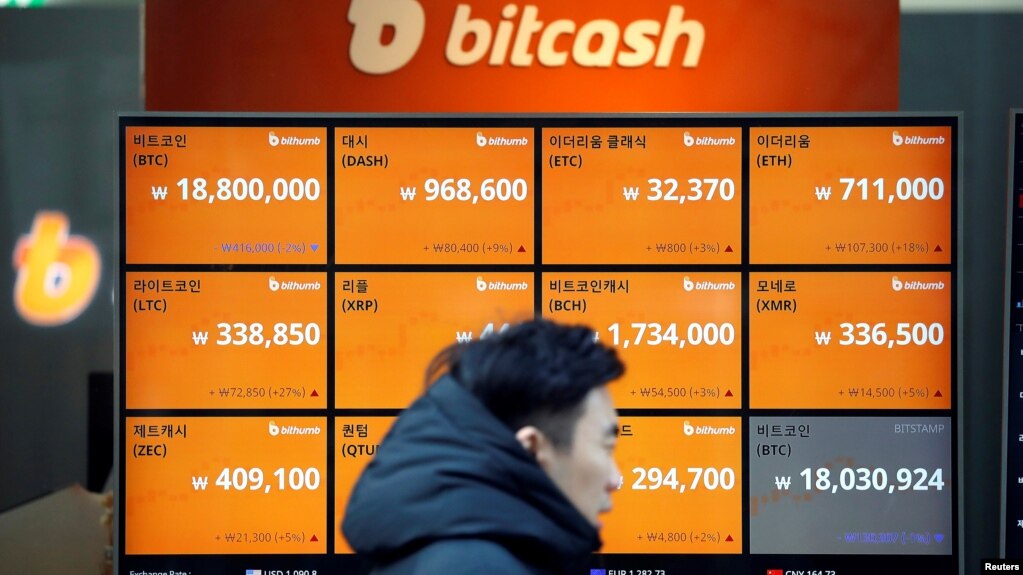DavidMama
Rookie
- Jan 26, 2017
- 19
- 2
- 1
Bitcoin is a decentralized computerized cash that, when mined from the first source code, can be utilized to make grinding less installments. It utilizes the twofold record framework and works free of any national bank.
Or if nothing else that is the specialized meaning of Bitcoin. It should be composed in Greek. To disentangle it, we should comprehend that Bitcoin is not only a certain something; it fills two needs. The first is revolved around the possibility of blockchain innovation, and the second around the possibility of cash.
1:Bitcoin as a Platform
The principal thing to know is that Bitcoin is fueled by PCs around the globe. There is no focal specialist. Individuals join the system to tackle math confuses that open, or rather "mine," Bitcoins from the first code. Once the Bitcoin has been discharged, it can be exchanged starting with one place then onto the next in a moment. No exchange costs, no hold up times.
2:Bitcoin as a Currency
Conventional cash—be it the pound sterling, the U.S. dollar, or the Chinese renminbi—is administered by a national bank, a focal specialist. These national banks issue cash at whatever point they feel it is important to animate the economy, yet doing as such can have results. To be specific, hyper-swelling and the loss of obtaining force.
Following quite a while of unpredictability, the Bitcoin price forecast is at long last on an upward trek through 2017 and past. In only five years, the Bitcoin value (BTC value) ascended from a couple of pennies to over $1,000, which ought to give you some sense in the matter of how much cash early speculators made. Yet, don't stress, our Bitcoin price prediction 2017 demonstrates that there is still more space to the upside.
The bank’s annual report “Outrageous Predictions for 2017” was published in December. It stated the expected increase in fiscal spending by Trump’s administration would cause “US growth and inflation to skyrocket, forcing the Federal Reserve to accelerate its hikes and the US dollar to hit the moon.”
Bitcoin is no more unusual to bubbles. Indeed, there's most likely a Tulip-lunacy propelled tribute out there as of now. In any case, tulips can't store esteem long haul, can't be sent to the opposite side of the globe in seconds, and positively can't live on your cell phone.
Bitcoin is an alternate breed in fact. Its changes go back and forth… and return again more grounded than any time in recent memory.
The cost of Bitcoin could hit more than $2,000 in 2017 driven by desires that U.S. President-elect Donald Trump may present monetary boost strategies, which could send swelling taking off and push the dollar to record highs, a report from Saxo Bank claims




